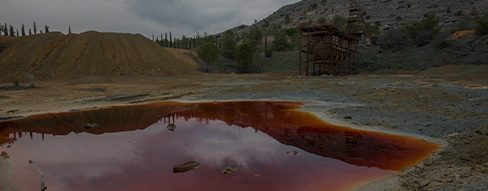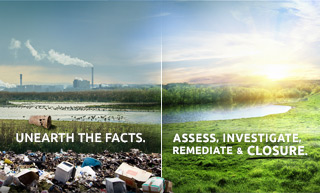Soil Contamination Testing & Remediation Services
Soil contamination impacts property value, construction viability and environmental safety. Hyde Environmental provides soil contamination testing and cleanup services for commercial, residential and municipal sites across Wisconsin and the Midwest. Our team helps property owners identify hazardous materials in soil and take action quickly, whether for due diligence, development or regulatory compliance.
Contact our soil contamination experts today for more information.
Why Soil Contamination Testing Matters
Hidden contaminants can delay construction, reduce land value and create long-term health risks. Soil testing gives property owners clear insight into the condition of their land before small issues become major liabilities.
Partnering with Hyde Environmental means:
- Accurate Results: Our experienced team uses reliable sampling methods and certified labs for precise data.
- Fast Turnaround: We work quickly to keep your project or transaction on schedule.
- Clear Reporting: Easy-to-understand findings with expert guidance on next steps.
- Midwest Expertise: We understand the contamination risks common to agricultural, industrial and mixed-use properties in Wisconsin and surrounding states.
- Trusted Support: From initial testing to full remediation, our consultants handle every phase with professionalism and care.
Soil Contamination Causes and Solutions
Soil contamination most often occurs when xenobiotic chemicals or human-made chemicals spill or leak into the ground. Industrial activity, agricultural chemicals and improper waste disposal are the most common causes of soil pollution and contamination.
9 Most Common Causes of Soil Contamination
Mining: Commonly leads to a high concentration of toxic chemicals like arsenic, sulfuric acid, and mercury.
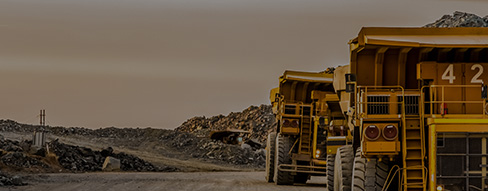
Accidental spills: Most commonly, oil and petroleum spills can have severe effects on vegetation and wildlife in the area.
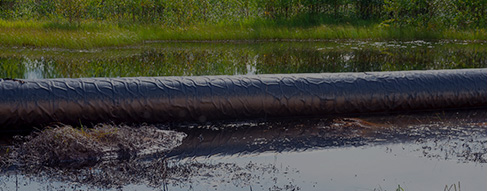
Corrosion of underground storage tanks and piping: Old storage tanks and worn-down piping can break and leak toxic waste into the soil.
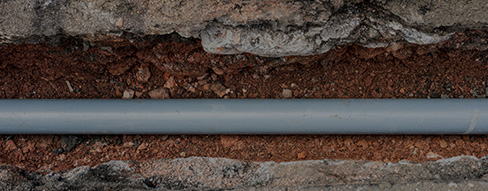
Acid Rain: Commonly contains air pollutants like sulfur and nitrogen oxides that dissolve into the soil, leading to increased health and environmental impacts.
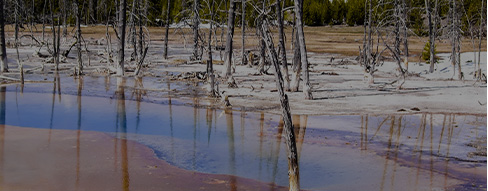
Agricultural chemicals such as pesticides: Previous and current farmland is always at high risk of being contaminated by the fertilizers and pesticides used by the agricultural industry.
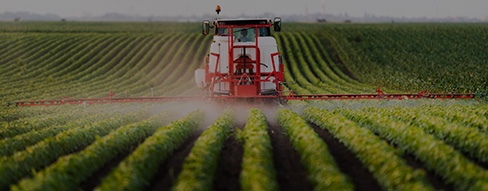
Petrochemicals including oil and gasoline: Contamination commonly occurs near gas stations, drilling locations, and land near train stations that transport oil tank cars.
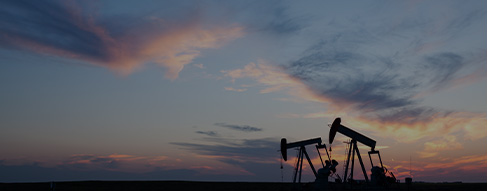
Drainage of contaminated surface water into the soil: Properties near bodies of water or rivers are at higher risk for contaminants seeping into the soil via the surface water.
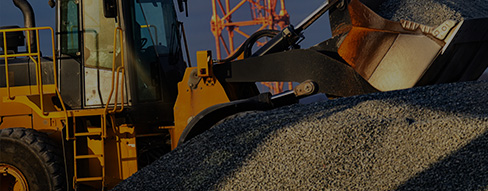
Ammunition, chemical agents of war: Common contaminants for firing ranges and previous military operation bases. Ammunition contains lead, which leads to lead poisoning and water contamination.

Improper waste disposal: Includes gasoline, oil, nuclear waste, sewage, landfills, coal & electronic waste. Properties near water treatment facilities and power plants are at high risk for contamination and should be evaluated by an environmental consulting firm. PFAS chemical contamination is a rising concern in Wisconsin due to improper waste disposal at landfills.
